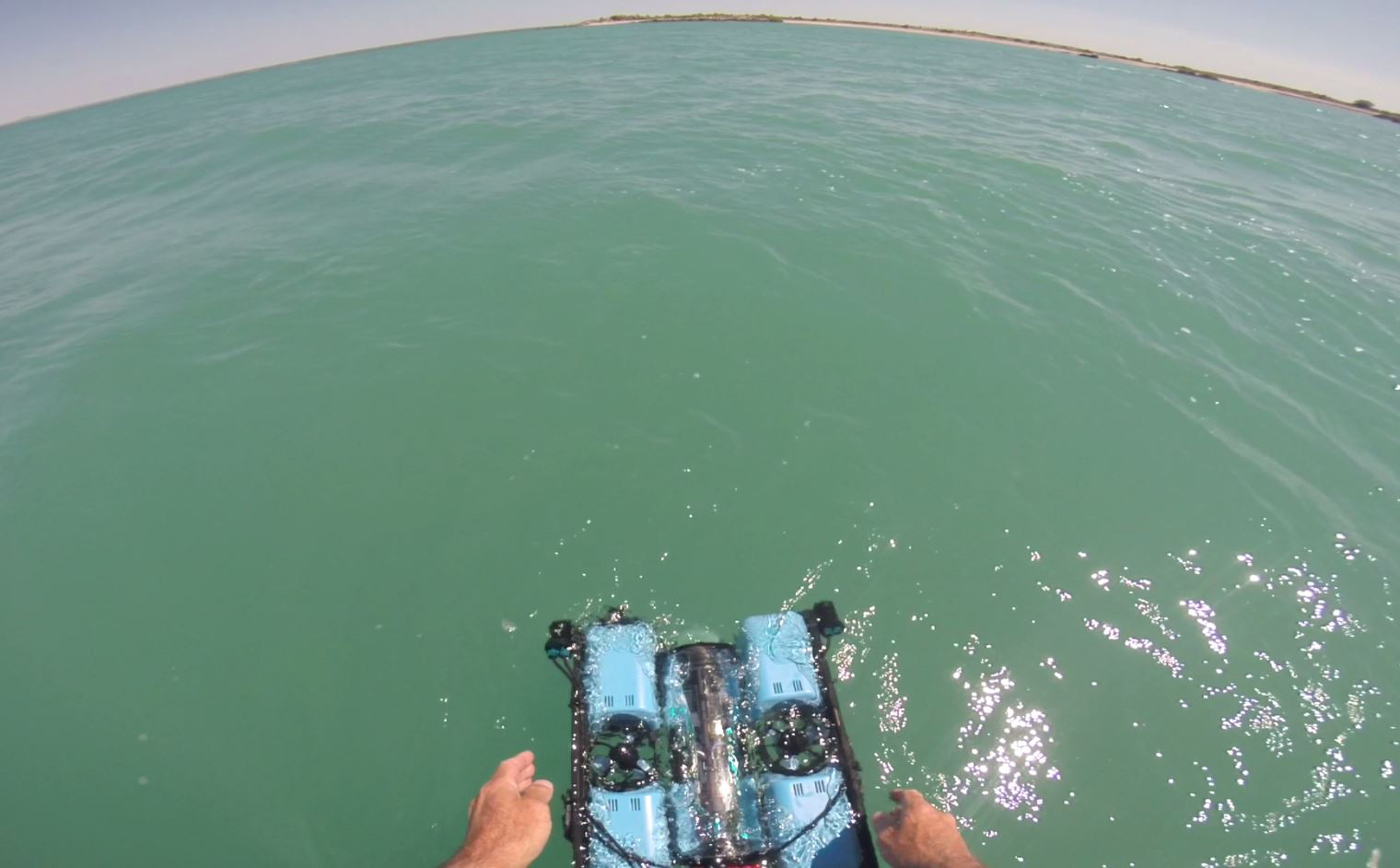
Western Australia works continually to ensure our super seafood is certified to the world's best standards for people and the planet.
The State proudly supports fisheries which have been independently certified as sustainable through the Marine Stewardship Council (MSC). WA’s West Coast Rock Lobster Fishery was the first in the world to receive MSC certification.
Other fisheries include Exmouth Gulf and Shark Bay Prawn, the Rare Foods Australia abalone ocean ranch near Augusta, plus WA abalone, the Peel Harvey Estuary’s blue swimmer crab and sea-mullet commercial fisheries, West Coast deep sea crab, silver-lipped pearl oyster, octopus, and sea cucumber.
WA’s sea cucumber fishery is the first worldwide to be certified to the MSC gold standard for well-managed and sustainable fisheries and are an important export earner through trade with Singapore, Hong Kong, China, Japan, and Taiwan.
Sea cucumber is typically sold as dried product, known in Chinese cuisine as ‘haishen’ and in Japan it’s called ’namako’. WA’s sea cucumber fishery focuses on two species, the deep-water redfish, and sandfish.
Sandfish research surveys undertaken by DPIRD staff involves using a Remote Operated Vehicle (ROV) in the Kimberley to safely collect data to determine stock densities and biomass estimates.
Using an ROV removes the risks that research divers would face in Kimberley waters, including encounters with potentially hazardous marine life.
DPIRD Principal Research Scientist Lachlan Strain from the Aquatic Science and Assessment branch said work health and safety was a priority in conducting research surveys.
“Utilising the ROVs rather than having divers in the water is about personal safety for our researchers to avoid potential injury from hazardous marine life in the Kimberley waters, including crocodiles, sharks and lethal box and irukandji jellyfish,” Dr Strain said.
“ROVs can be used for a range of marine invertebrate surveys and provide versatility in data collection methods for researchers, when there are limitations to diving operations due to depth, dive time or spatial coverage.”


